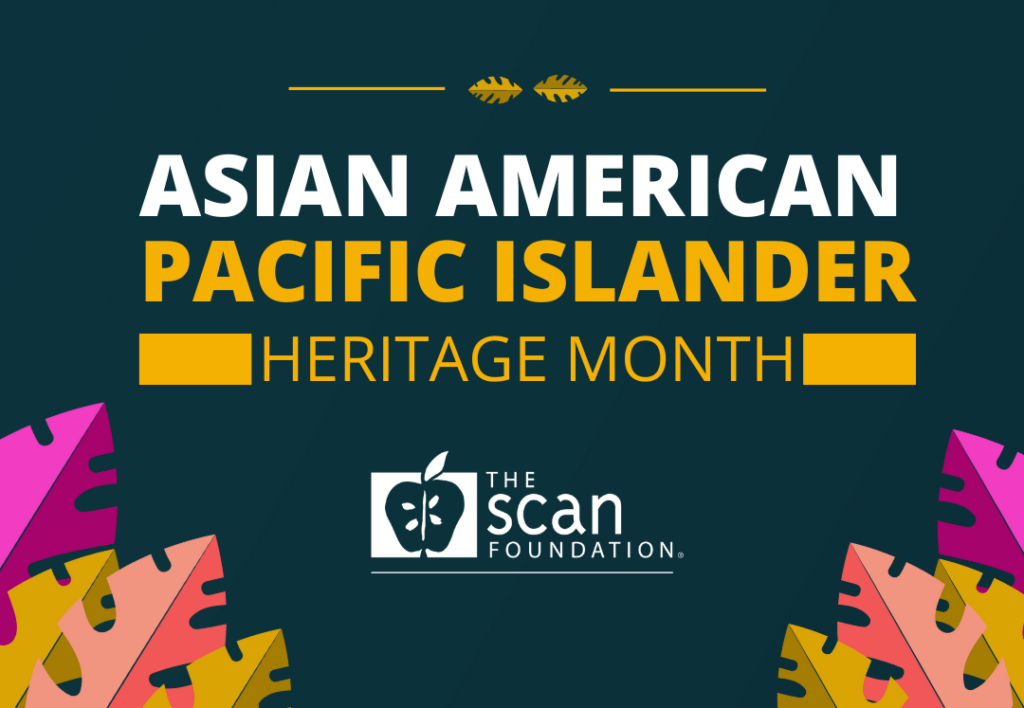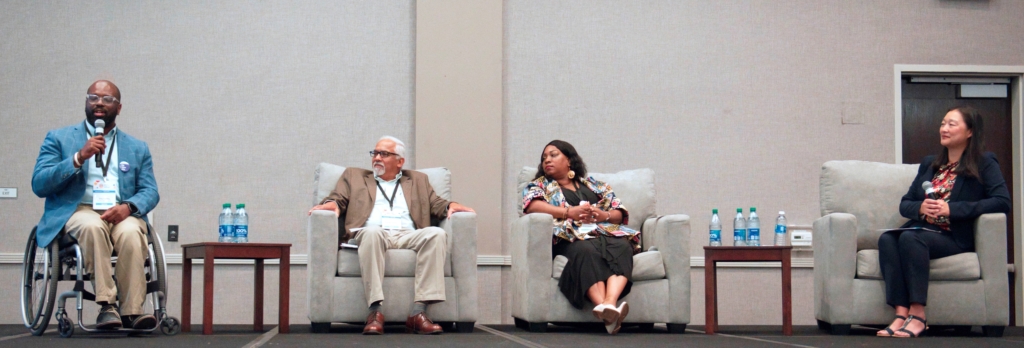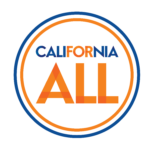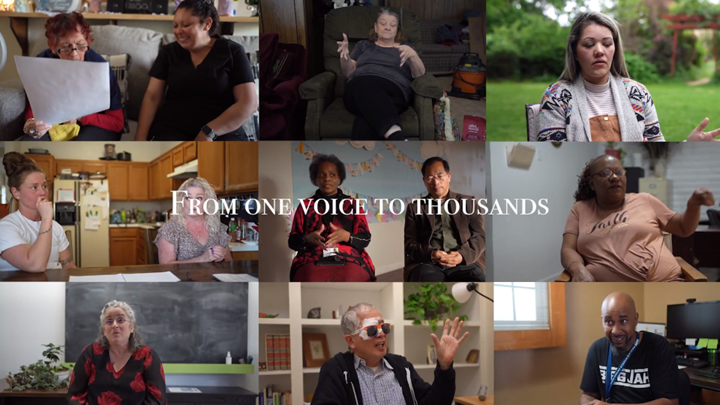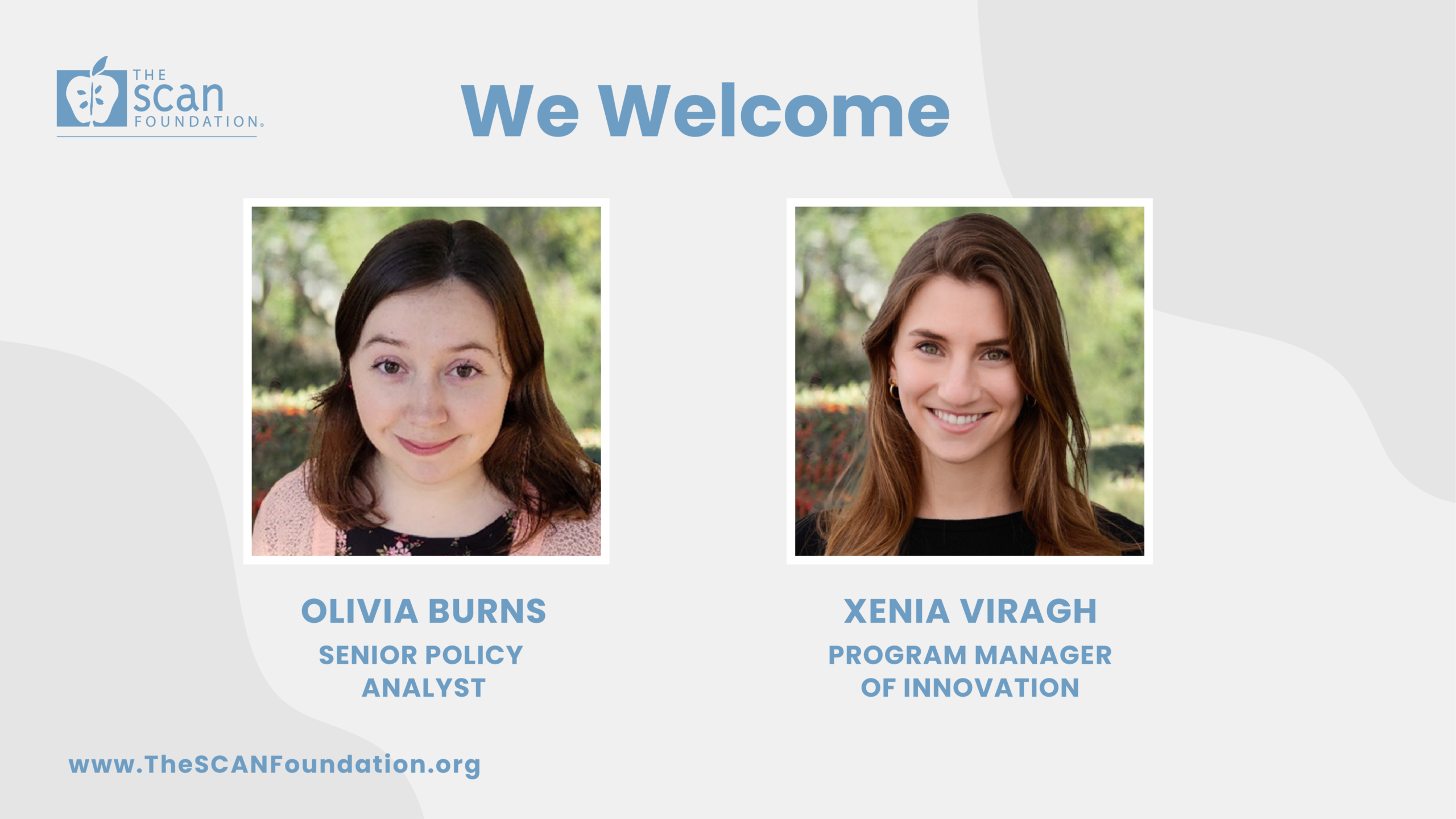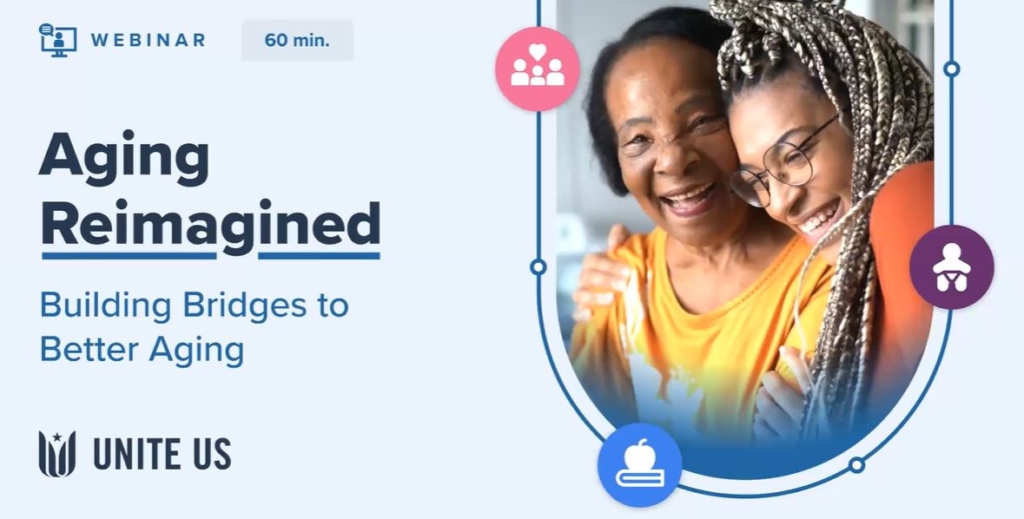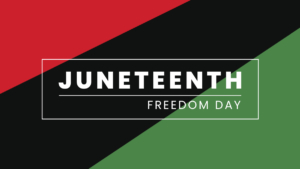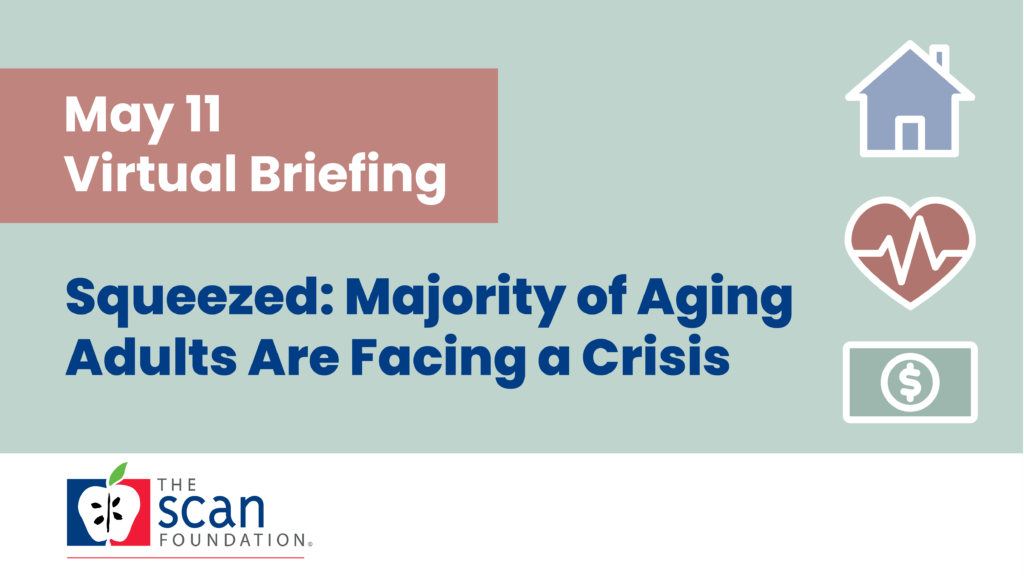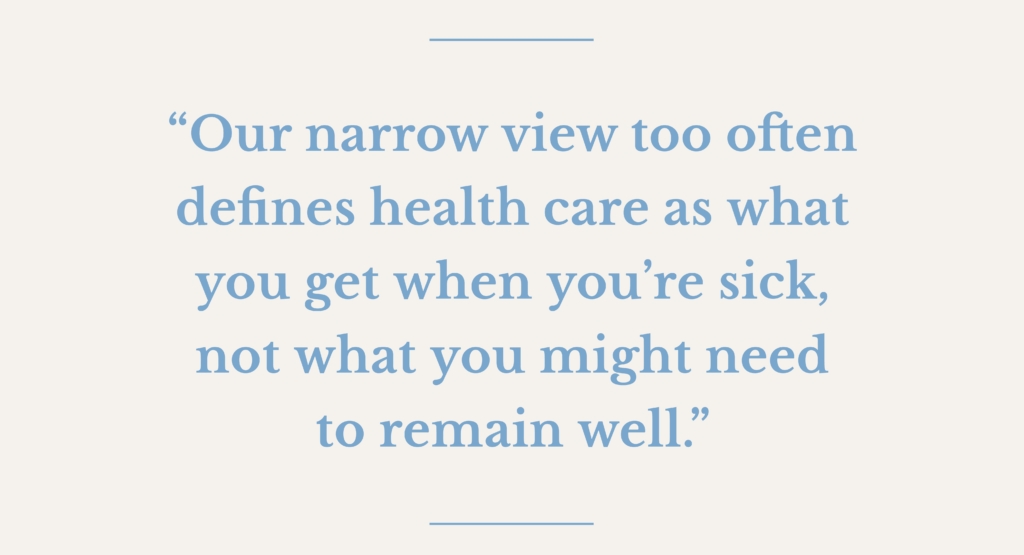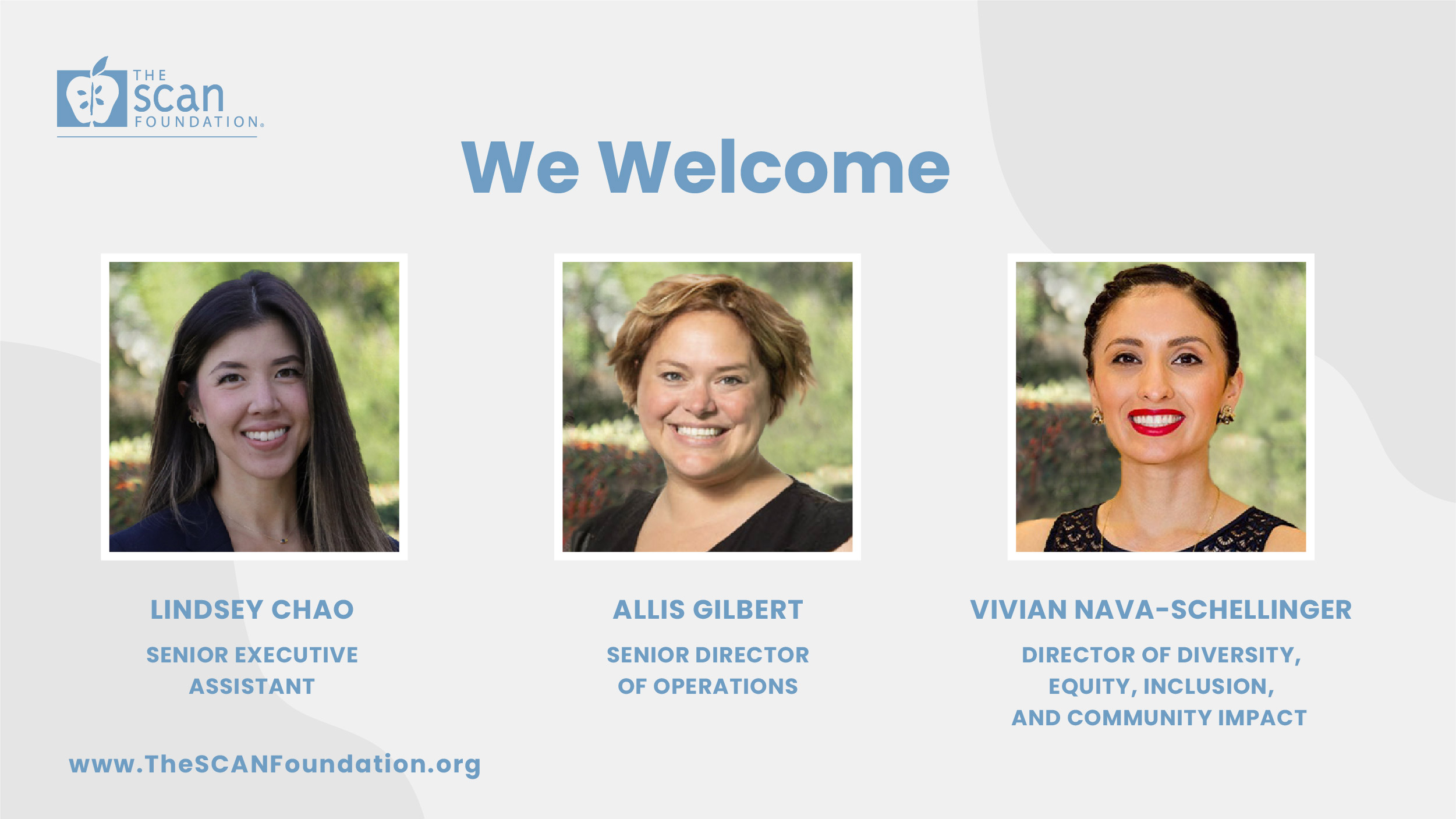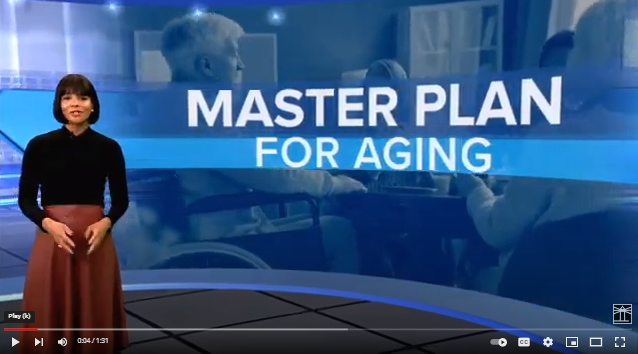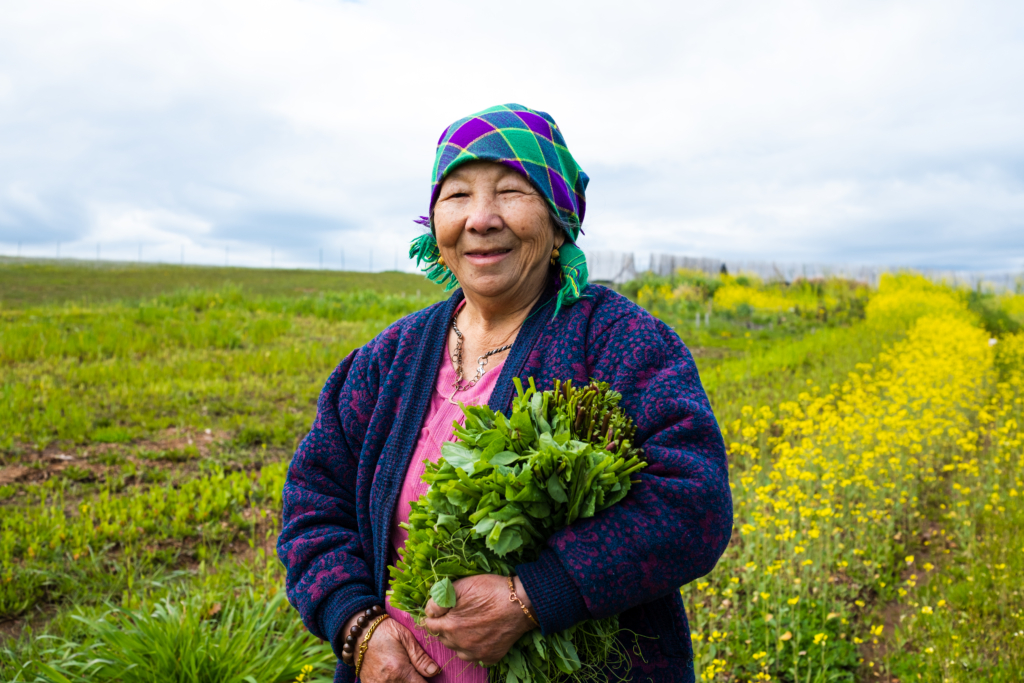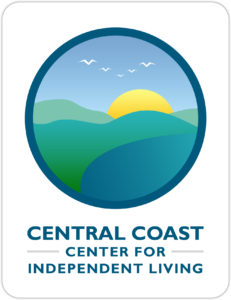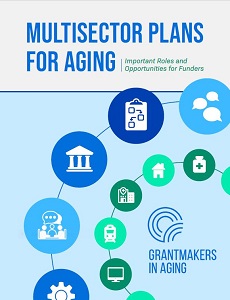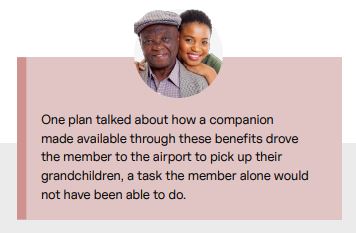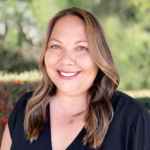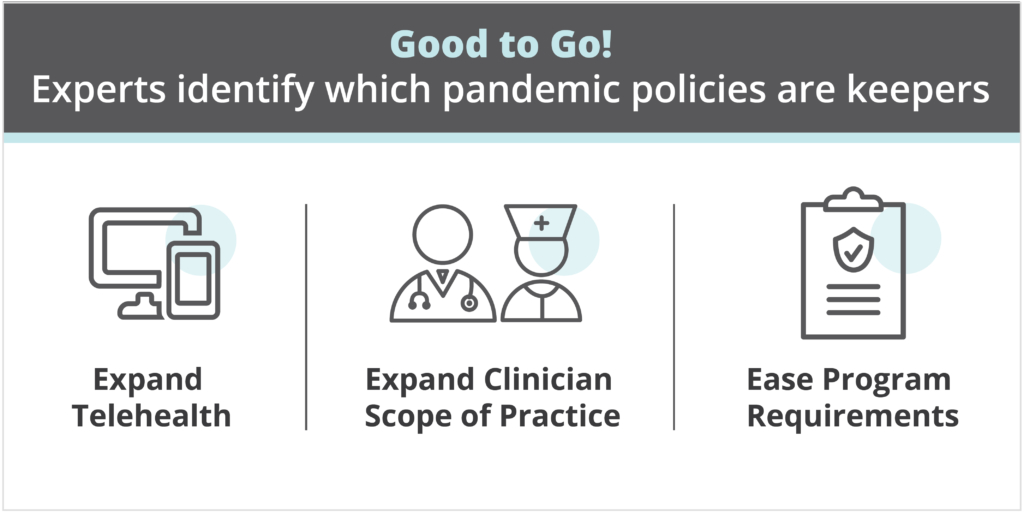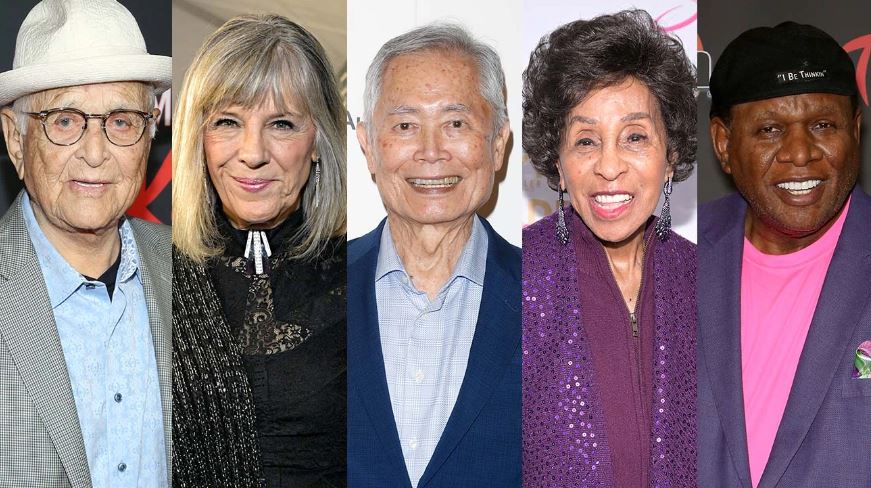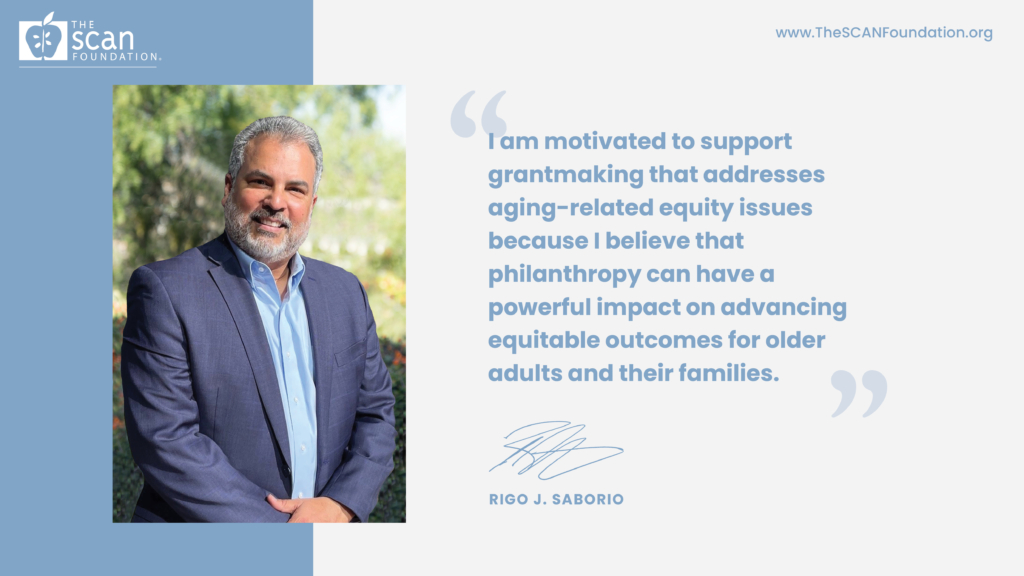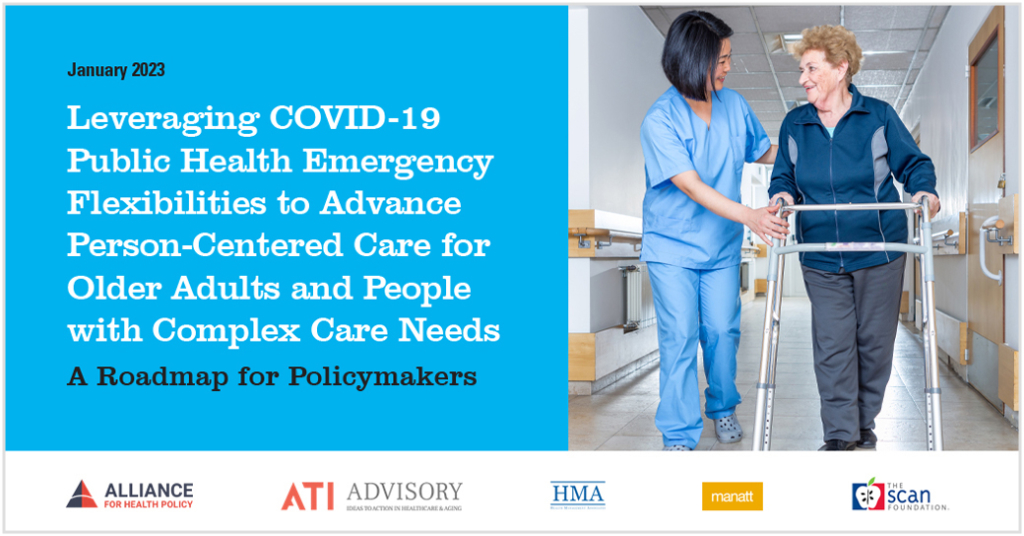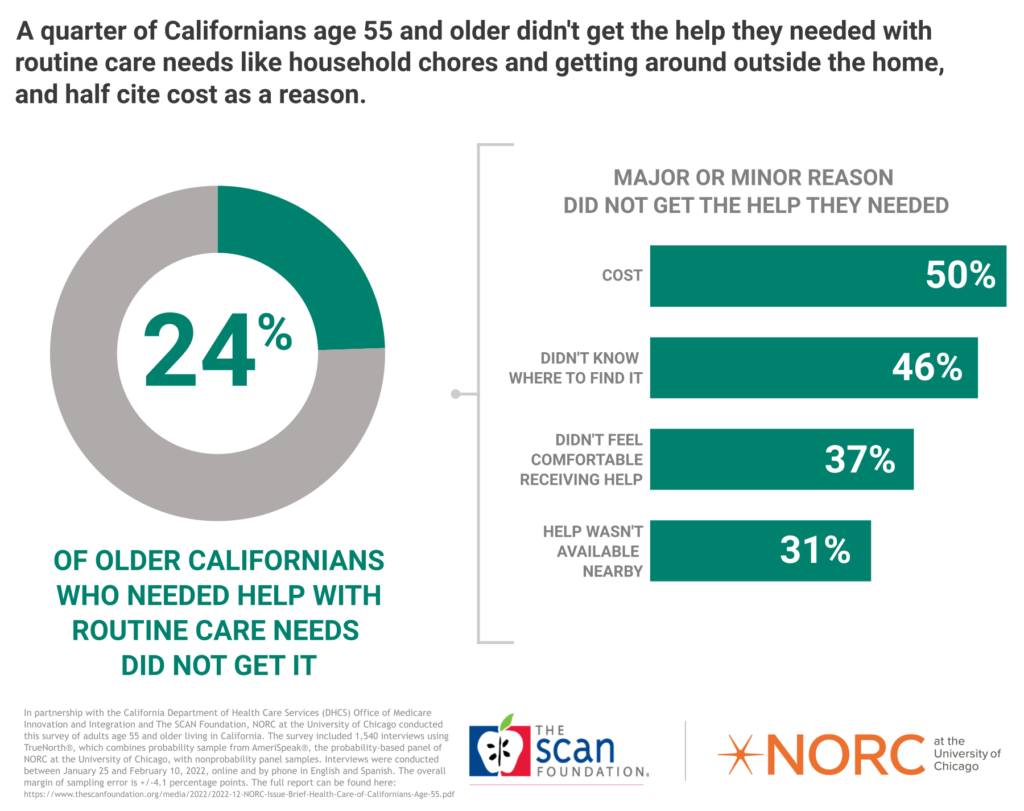This month, on behalf of Asian American and Pacific Islander (AAPI) Heritage Month, The SCAN Foundation celebrates the rich contributions of Asian American and Pacific Islanders to the history and culture of our nation.
The 2023 theme, Advancing Leaders Through Opportunity, is apt.
Although the first documented arrival of Asians in America was 1587 when Filipinos arrived in California, May was chosen as the time for commemoration in 1978, aligning with the immigration of the first Japanese to the United States on May 7, 1843. Additionally, May marks the date of the transcontinental railroad being completed on May 10, 1869. Most of the workers who laid the tracks for this enormous and often dangerous undertaking were immigrants from China.
We appreciate the overlay of the celebratory heritage month with Older Americans Month and seek to elevate AAPI leaders contributing to the aging, equity, and health care sectors. Come along with us on social media throughout the month as we elevate the contributions, influences, and impacts of AAPI individuals.
“There aren’t enough days in a year for us to recognize the contributions of the many individuals from the AAPI communities that we’d like to,” said Rigo J. Saborio, MSG, Vice President of Programs, Equity, and Community Impact. “Though we can’t name everyone, through this exercise we hope to acknowledge and honor a select group of leaders working and contributing so diligently to improve services and supports so we can all age well.”
